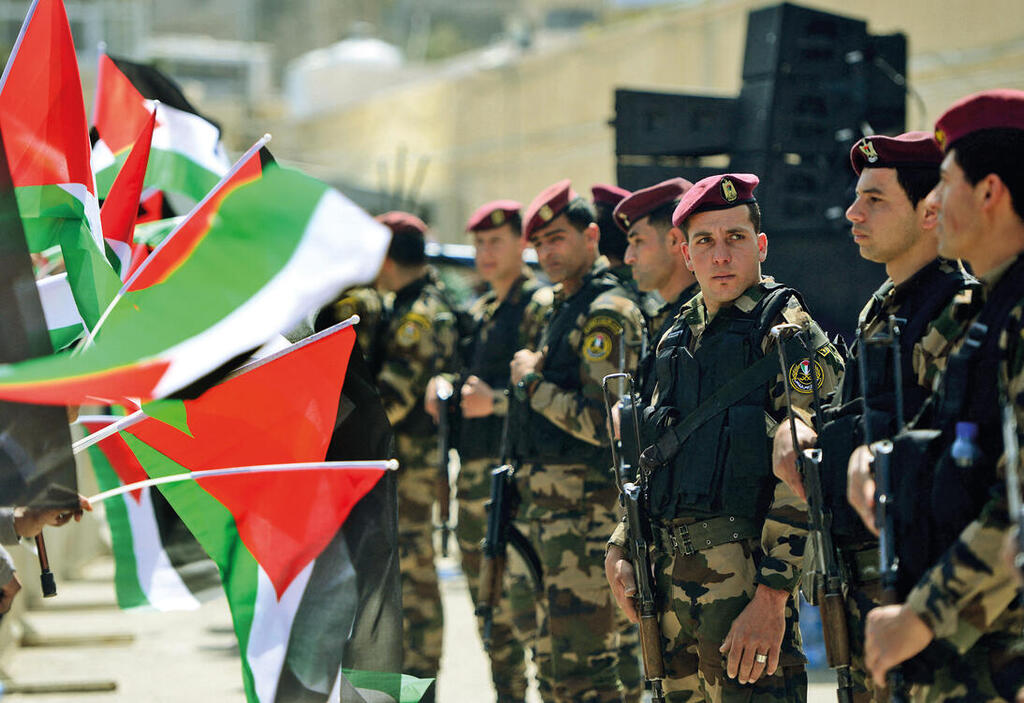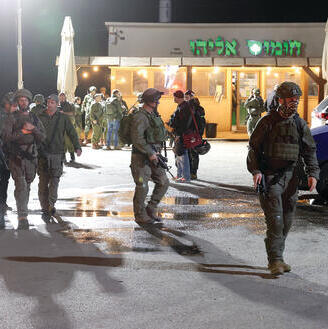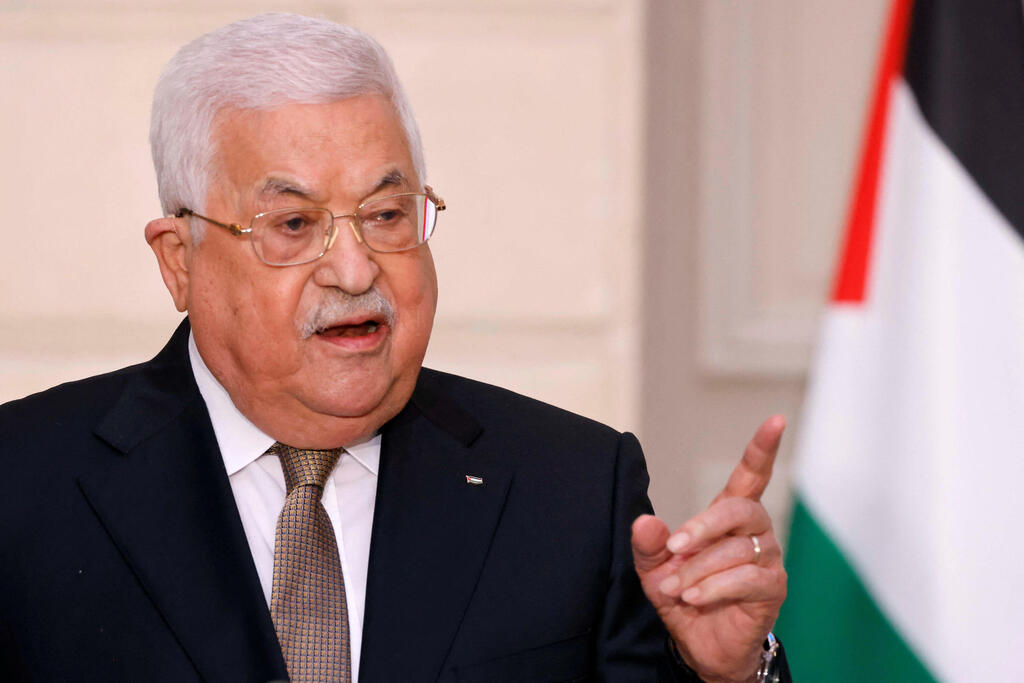Getting your Trinity Audio player ready...
Both Israel and the Palestinian Authority are currently grappling with a growing concern: a wave of attacks perpetrated by individuals linked with Palestinian security forces.
Muhammad Manassara, a former officer in the Palestinian police, executed a shooting attack at a gas station in the settlement of Eli toward the end of February. A veteran of the Israeli prison system, Manassara was released from Ofer Prison as recently as 2019. Similarly, Mujahid Barakat Mansour, who committed a shooting attack in the West Bank on March 22, had served as an officer in the Palestinian Authority presidential guard and had also spent time in an Israeli jail. Another individual, Abu Rida al-Saadi, turned himself in after wounding two Israelis in a recent attack in the Jordan Valley. Al-Saadi had also held a position within the Palestinian security apparatus.
Recent research by the pro-settler NGO Regavim revealed that, since 2020, 78 official staff members of various Palestinian Authority security bodies have either executed or been implicated in attacks against Israelis. From the onset of 2024, 10 such individuals have been killed, and one has surrendered himself. This worrying trend, anticipated for months by right-wing factions arguing that the Palestinian Authority fosters terrorism, is particularly troubling. The critics further argue that the relative freedom of these personnel to carry weapons and navigate the West Bank provides them with an advantage in executing more lethal attacks.
The working relationship with the Palestinian Authority is a highly contentious issue, especially concerning matters related to the West Bank. Certain organizations aim to weaken this cooperation, grounded in the belief that the PA may, at any moment, incite its security forces to target Israelis.
The security system acknowledges this complex issue and is actively addressing it. While the various security bodies of the Authority employ around 30,000-40,000 officers and activists, those who have turned to terrorism represent a still relatively small fraction of the total workforce.
Palestinian security forces have ramped up their operations within Palestinian cities, with hundreds of arrests since the onset of the war. These operations take place entirely within cities, as they cannot access refugee camps where the IDF is active. The PA has a vested interest in quelling Hamas solidarity demonstrations related to the war and Ramadan, to avoid a repeat of events in the Gaza Strip where they lost control. As a result, the security forces are actively stifling large-scale protests in Palestinian cities to prevent them from escalating into areas of conflict. They are also now enforcing restrictions on the use of Hamas flags, a shift from the pre-war period.
"This isn't driven by affection for Israel, but rather fear of Hamas’ rising popularity," a security source clarified.
Case in point, the security forces attempted to apprehend a significant activist from the Islamic Jihad Brigades in Tul Karem a few days ago, although the individual managed to evade capture. In Nablus, when terrorists tried to desecrate Joseph's Tomb, the security forces intervened and have since maintained a level of guard over the site.
In an incident last week, security forces exchanged gunfire with armed men from Jenin during a funeral procession for a terrorist from the camp who had been eliminated by Israel. These occurrences were unprecedented prior to the war. Politically, such events pose a challenge for PA President Mahmoud Abbas and his associates, when it becomes evident that the terrorist is a member of his security forces. Such revelations undermine the legitimacy that Abbas aims to secure internationally.
The question arises: Why do these attacks persist? At the core, these are individuals whose singular intent is to inflict harm on Israelis and seek vengeance, a sentiment that has been further amplified during wartime. Coupled with this, Hamas has seen a significant surge in its popularity across the West Bank.
There is an extensive anti-Israel narrative, calling for attacks to be carried out. Disturbingly, detailed instructions on how and who to target are circulated via incendiary posters distributed across various networks.
An economic dimension also plays a critical role. Each assailant is incentivized with thousands of dollars in return for shooting at settlements or passing Israeli vehicles. Security personnel, whose average monthly salary is approximately $1,910, have been receiving less than 80% of their income for almost two years due to funding being withheld by Israel and the PA's economic circumstances. This has led many to seek additional employment to supplement their income. Some even opt to engage in acts of terror, lured by the prospect of fast cash, brought into the West Bank territories by Hamas and Islamic Jihad operatives with the aid of Iran.





